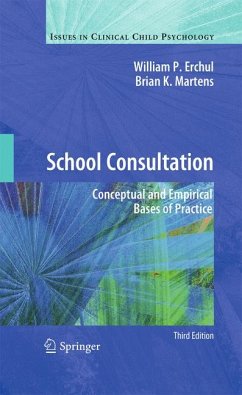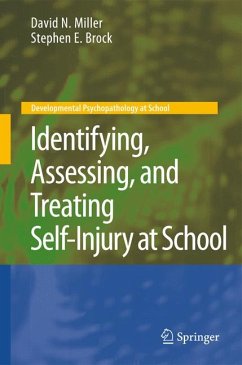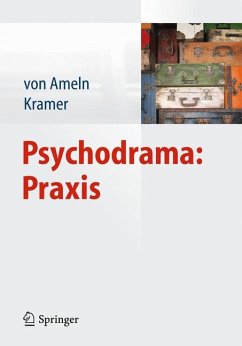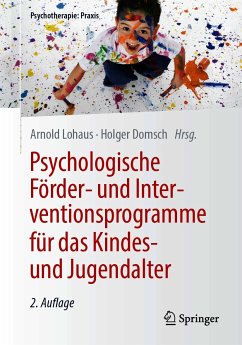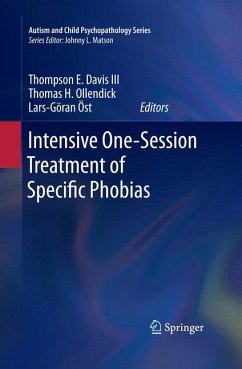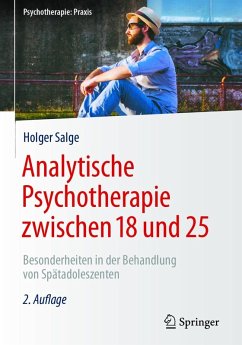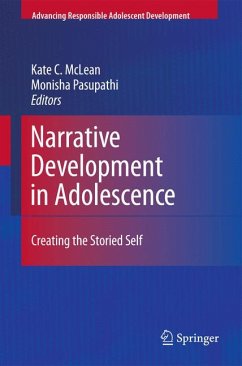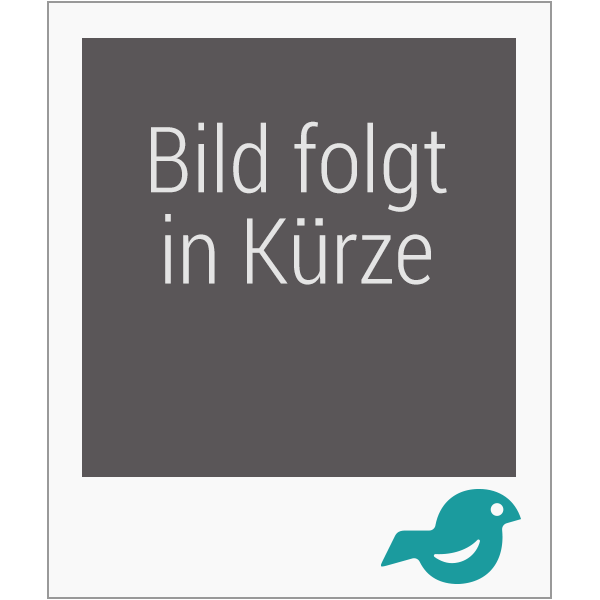
School Consultation (eBook, PDF)
Conceptual and Empirical Bases of Practice
Versandkostenfrei!
Sofort per Download lieferbar
40,95 €
inkl. MwSt.
Weitere Ausgaben:

PAYBACK Punkte
20 °P sammeln!
Consultation is an indirect model of delivering psychological services. Within this model, a consultant and caregiver (consultee) work together to optimize the functioning of a client in the caregiver's setting and to increase the caregiver's capacity to deal with similar situations in the future. In schools, for example, a psychologist may consult with a teacher about a student in the teacher's classroom. The practice of school consultation has burgeoned since its formal introduction into public education during the 1960s. Today, graduate training programs in various specialties of psychology...
Consultation is an indirect model of delivering psychological services. Within this model, a consultant and caregiver (consultee) work together to optimize the functioning of a client in the caregiver's setting and to increase the caregiver's capacity to deal with similar situations in the future. In schools, for example, a psychologist may consult with a teacher about a student in the teacher's classroom. The practice of school consultation has burgeoned since its formal introduction into public education during the 1960s. Today, graduate training programs in various specialties of psychology and education require coursework in consultation, and many professionals in these areas spend some portion of their day engaged in consultation. Consultation can be a powerful tool in delivering psychological services in schools, but only when the consultant possesses a requisite level of skill and sophistication. In preparing this volume, we envi sioned its major purpose as reducing the level of naivete typically experienced by the beginning school consultant. Toward that end, we offer a systematic approach to school consultation that targets much of the information needed for one to consult in a competent manner. The reader should note that our use ofthe somewhat ambiguous term school consultant is intentional and recognizes that consultants working in schools today represent a variety of professional disciplines. The pri mary intended audience for this book, however, is clinical child psy chologists and school psychologists, although psychologists having other specialties are likely to find its content useful.
Dieser Download kann aus rechtlichen Gründen nur mit Rechnungsadresse in A, B, BG, CY, CZ, D, DK, EW, E, FIN, F, GR, HR, H, IRL, I, LT, L, LR, M, NL, PL, P, R, S, SLO, SK ausgeliefert werden.




